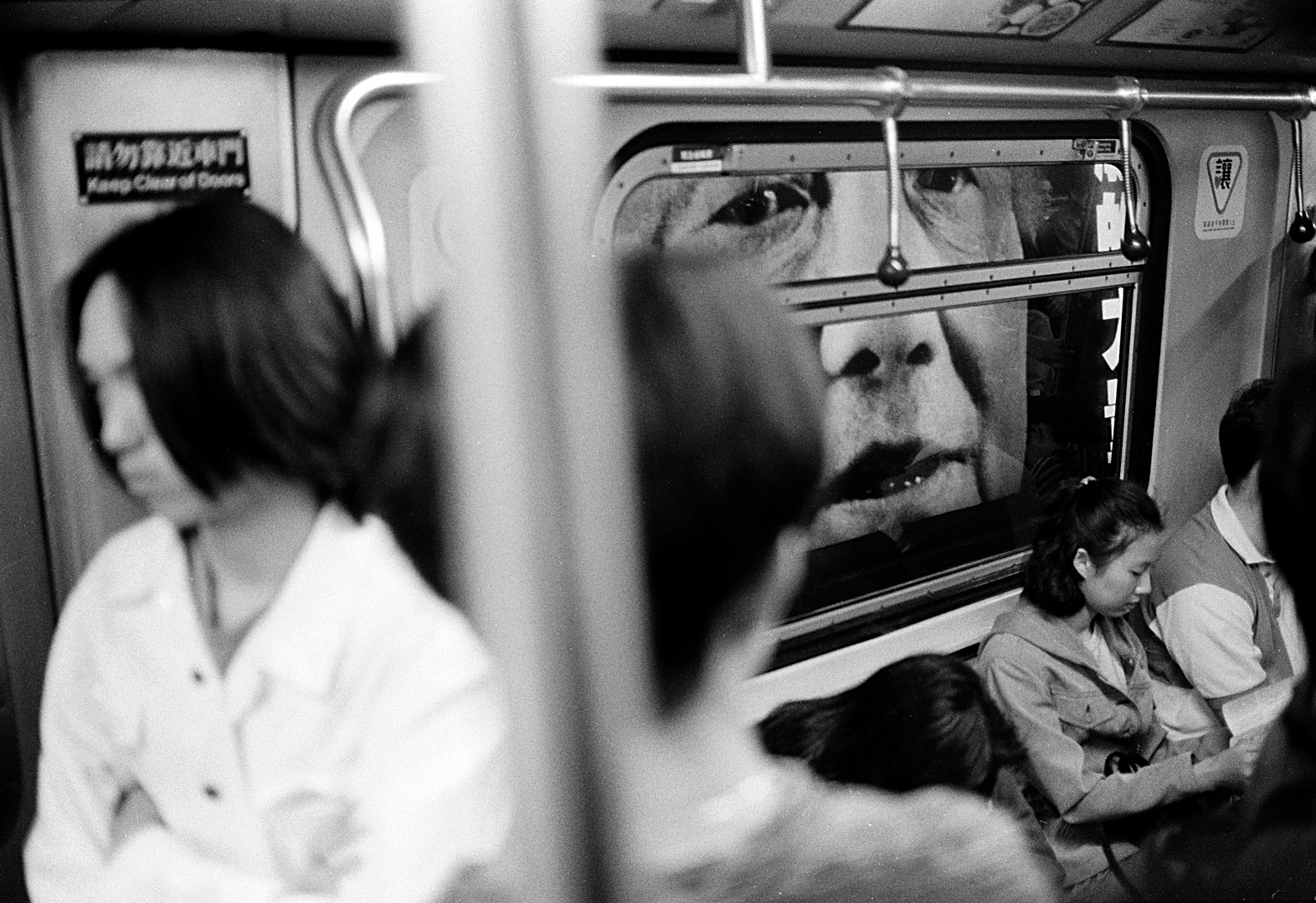
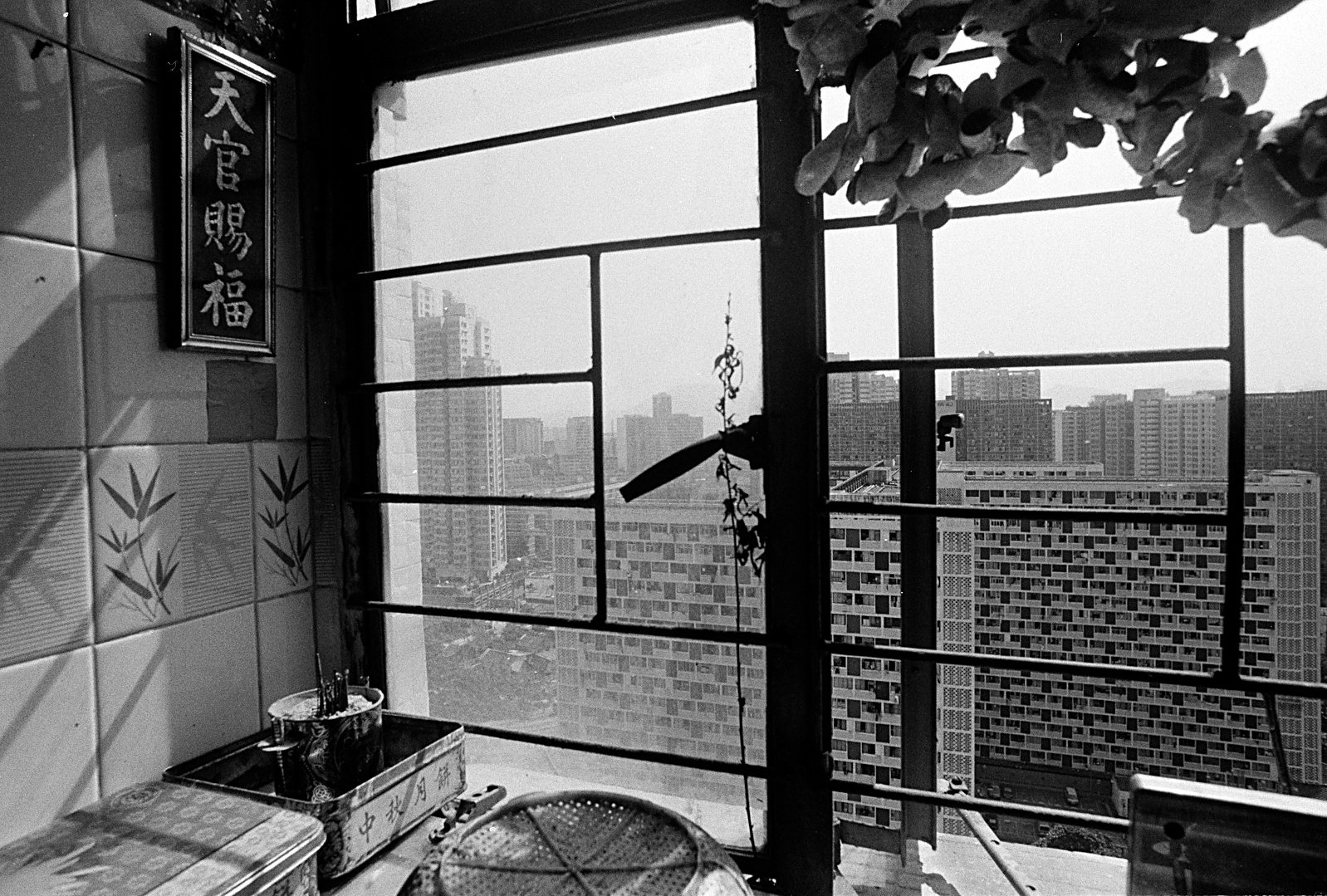
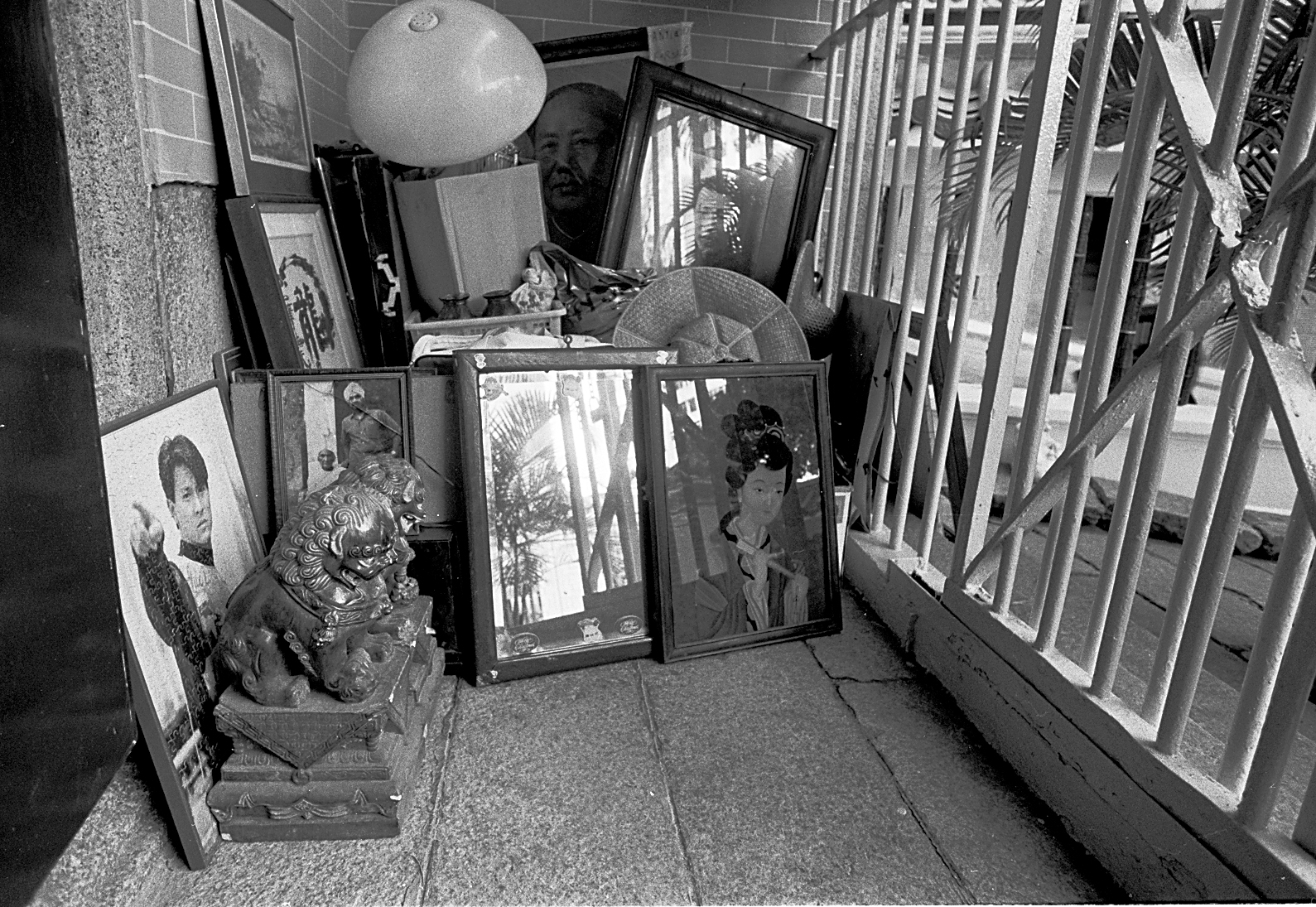
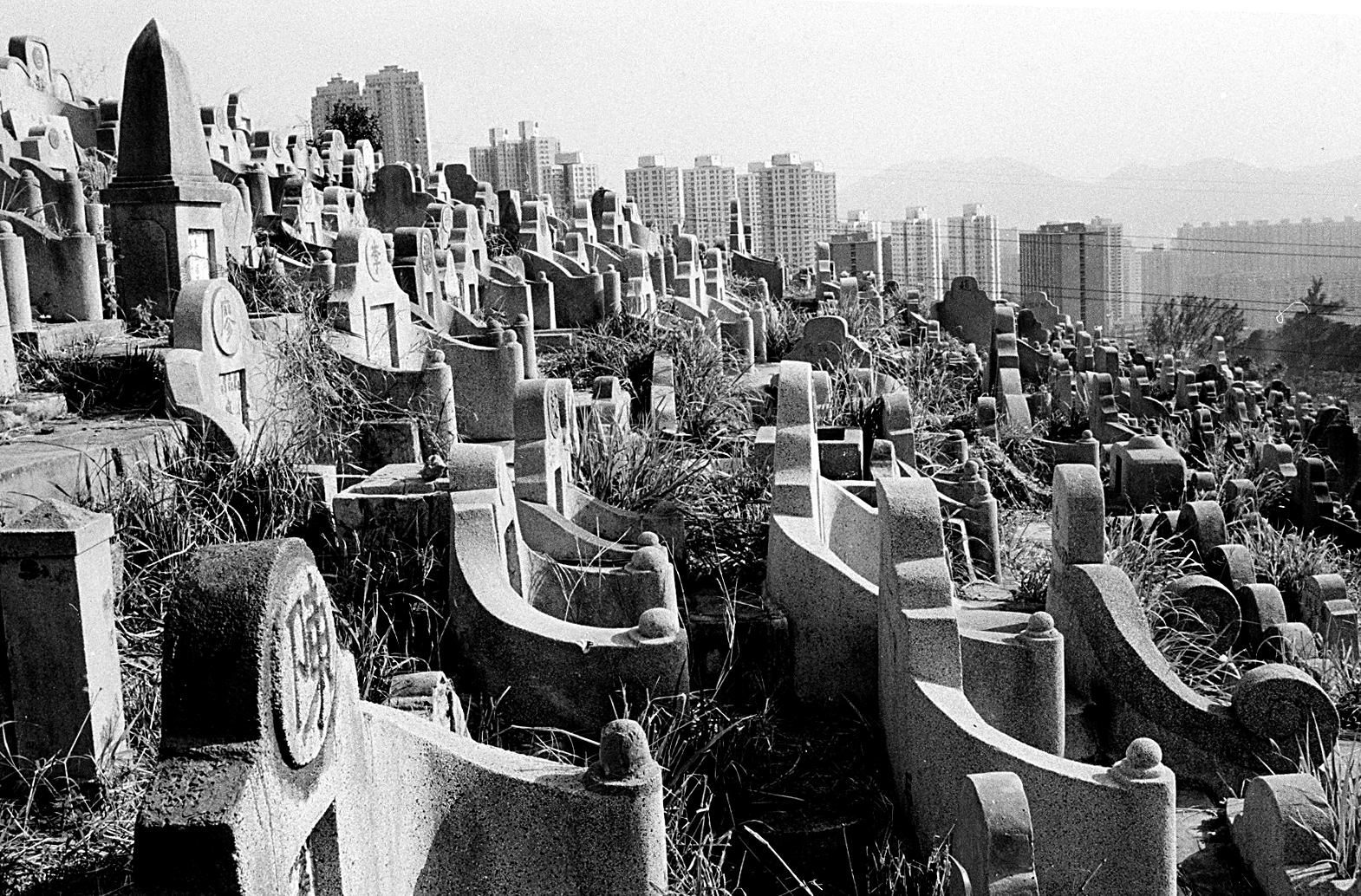
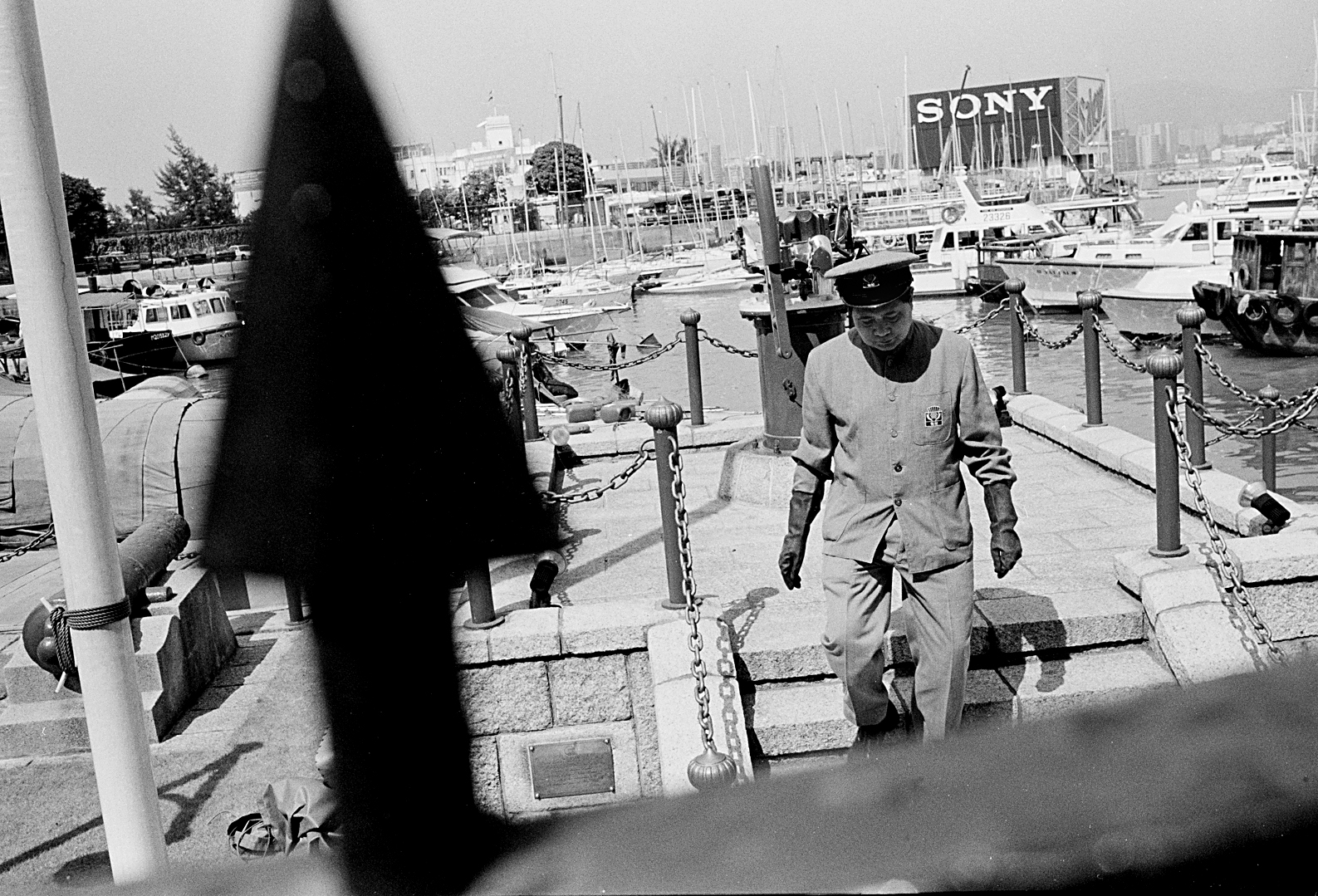
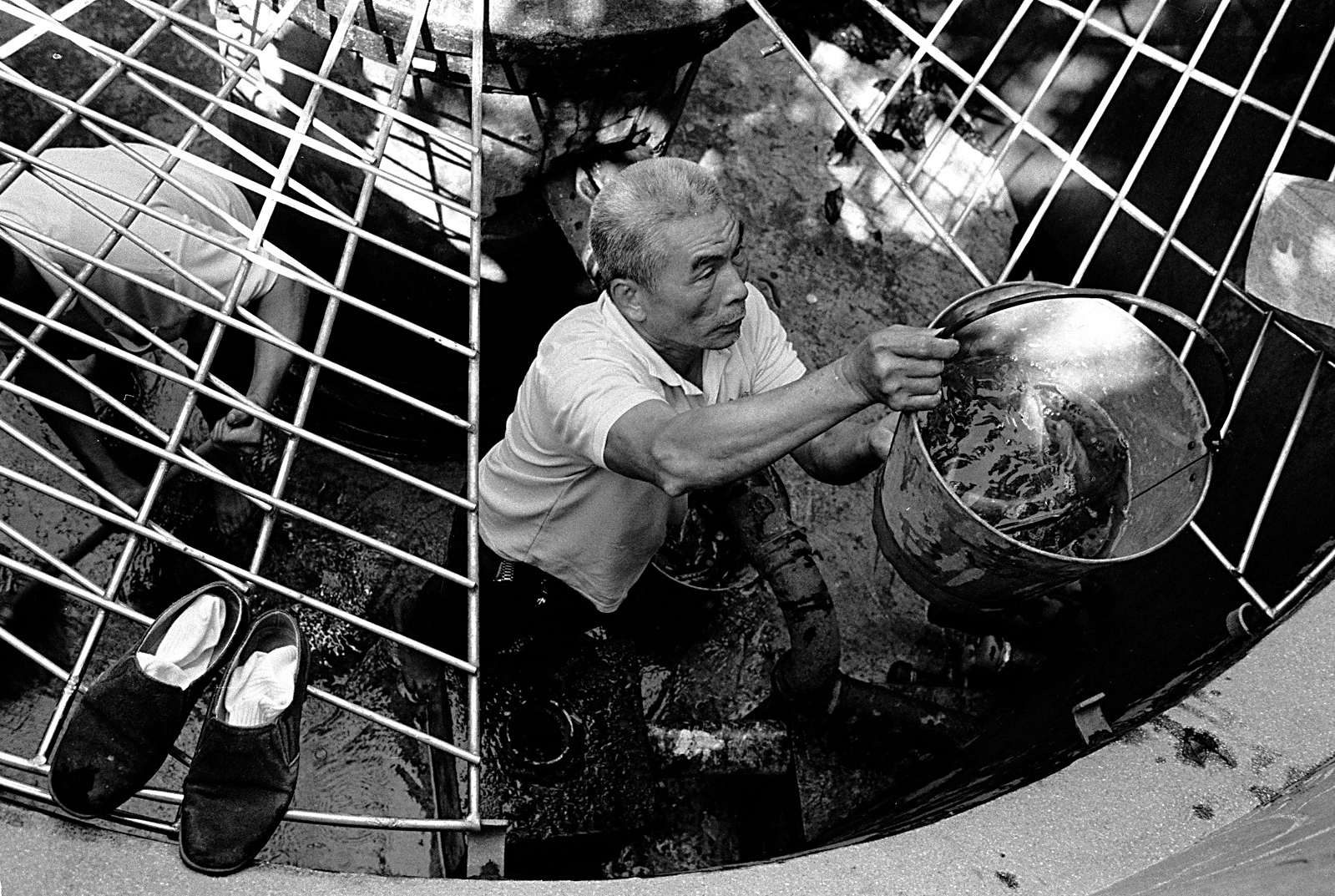
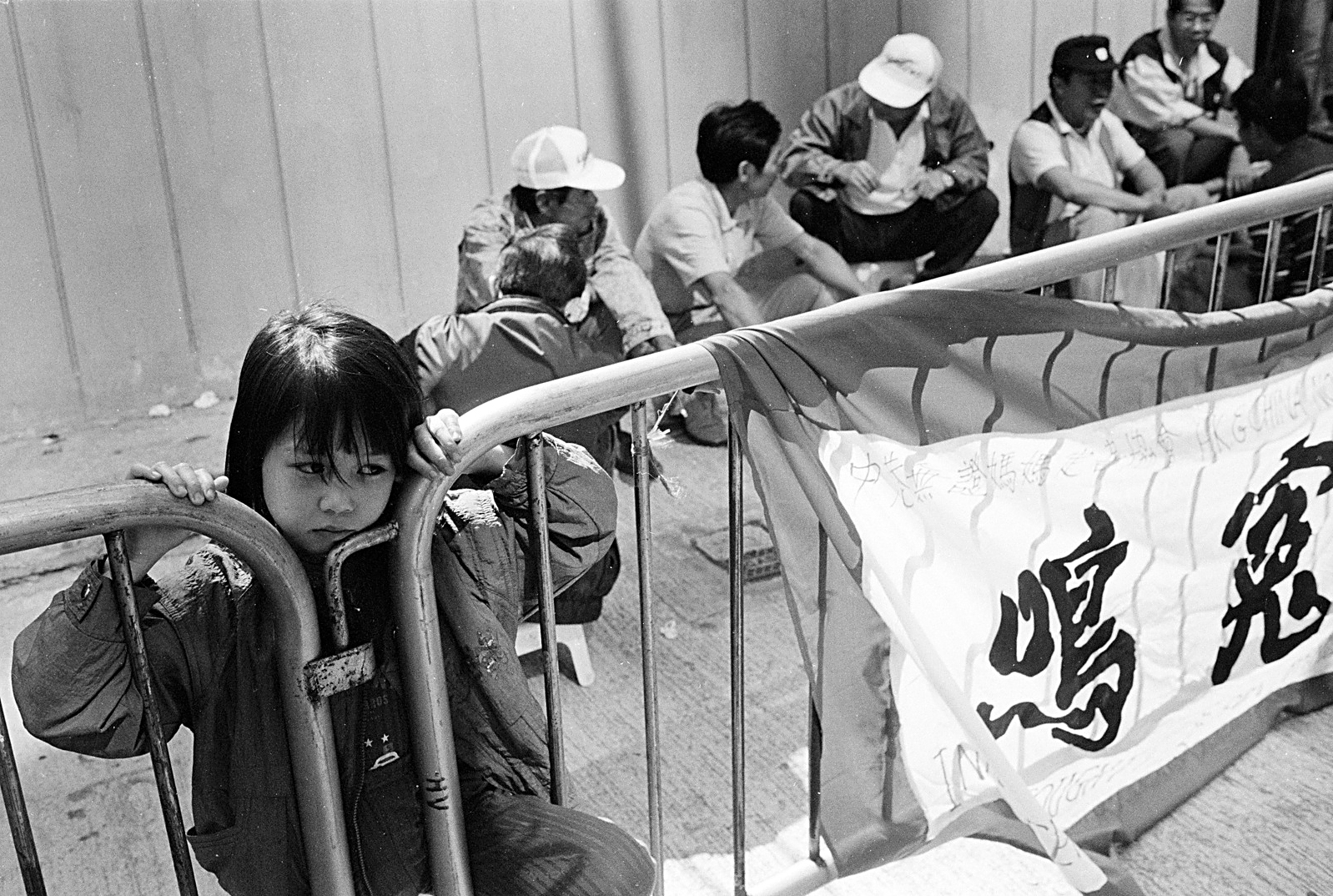
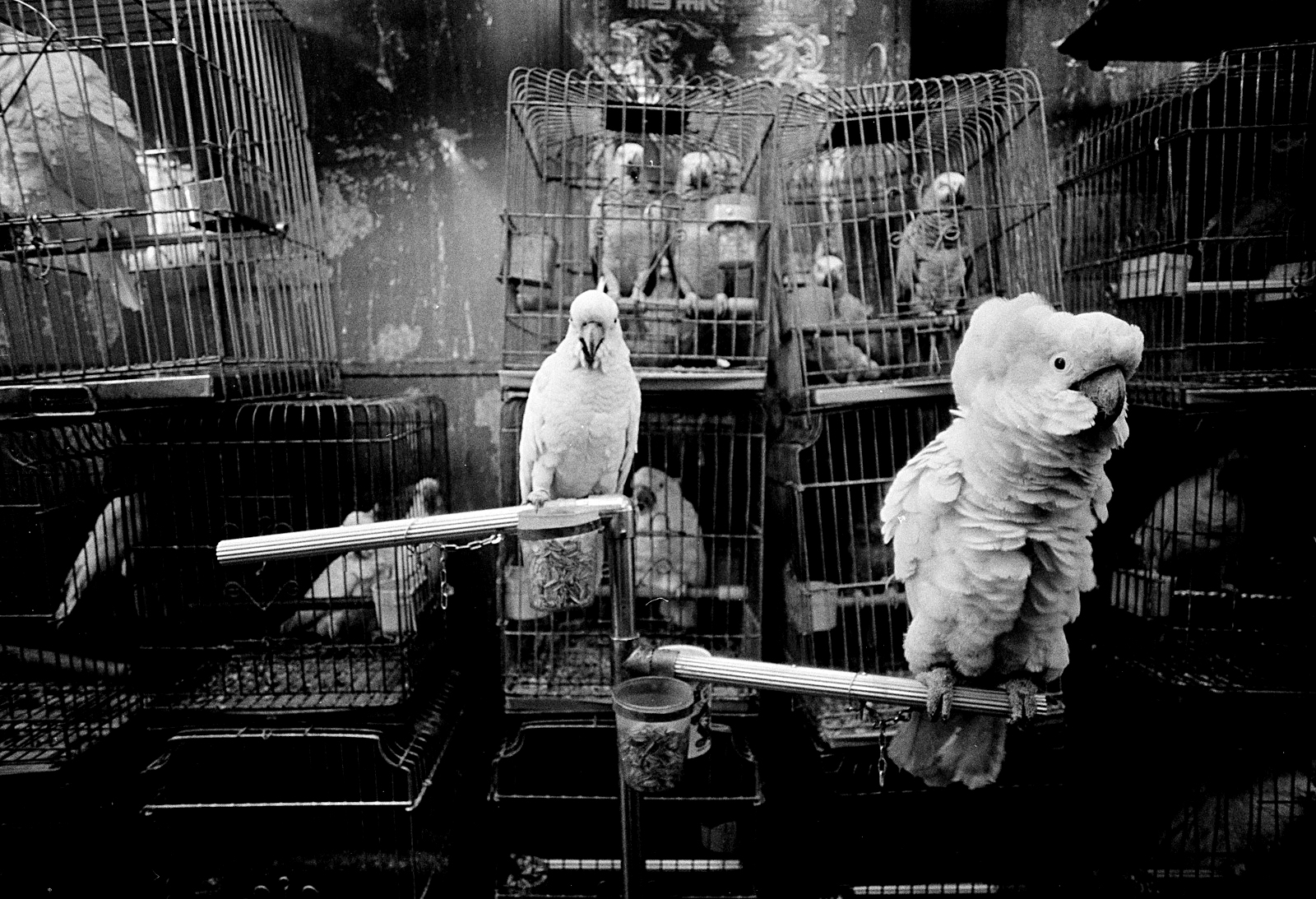
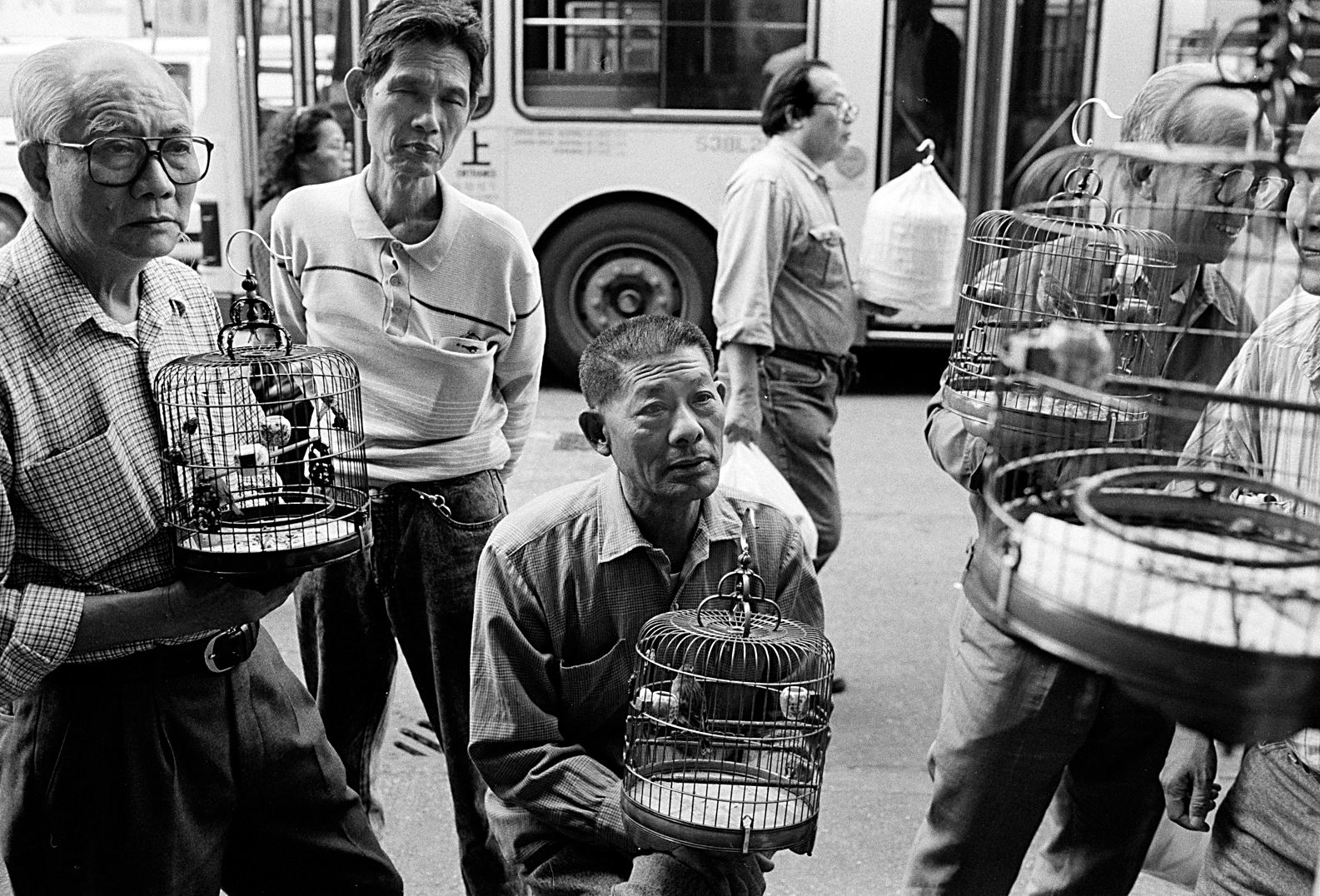
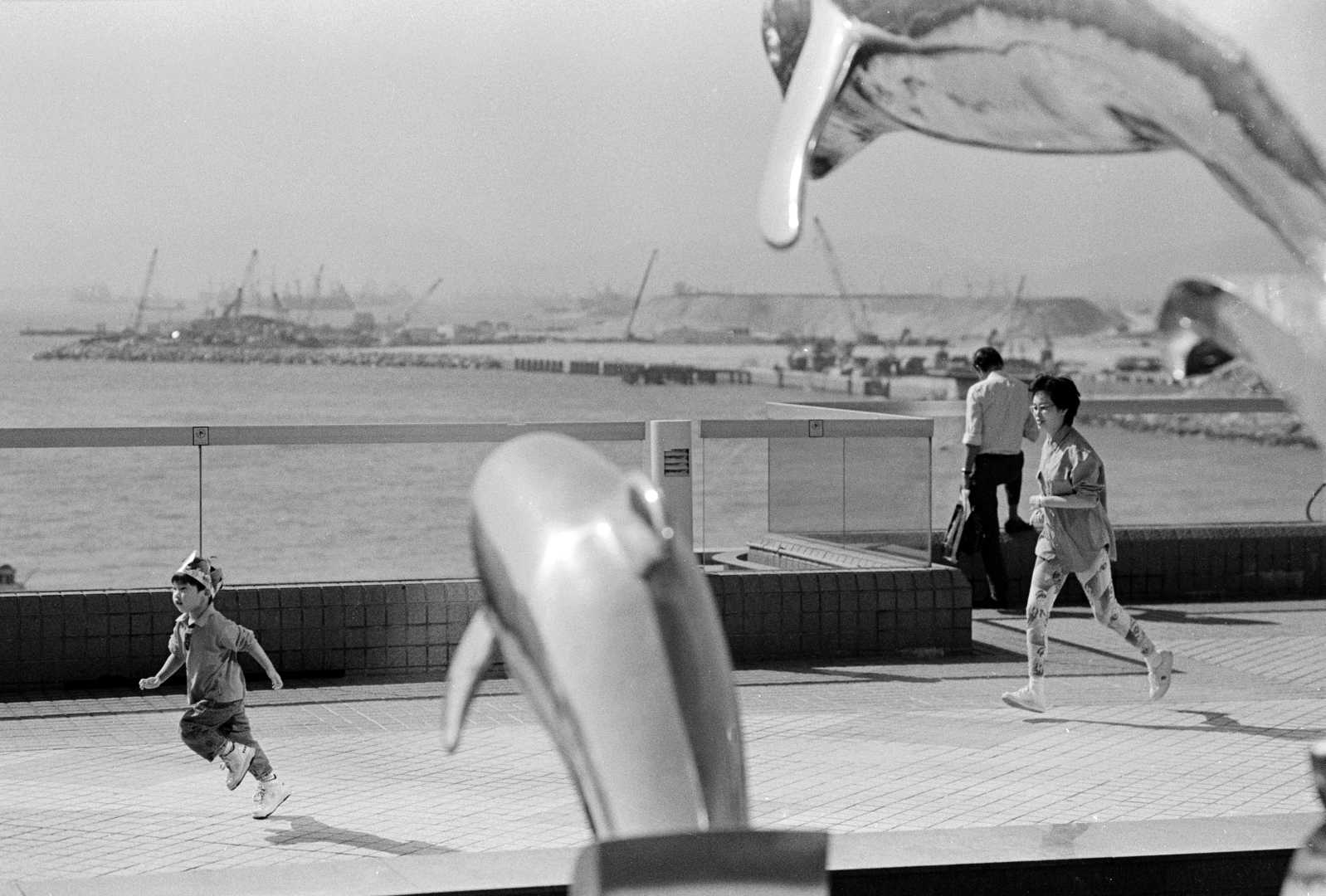
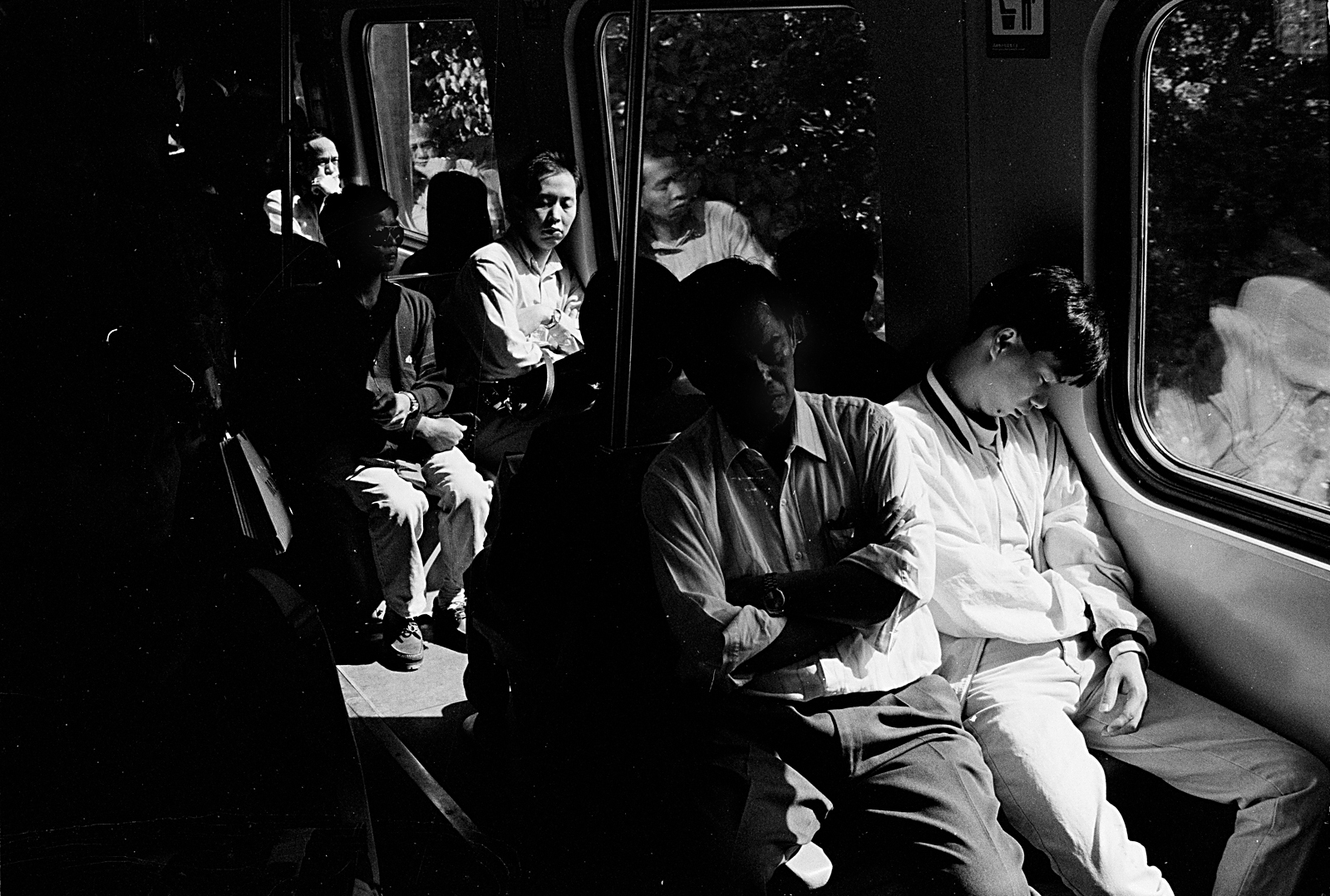
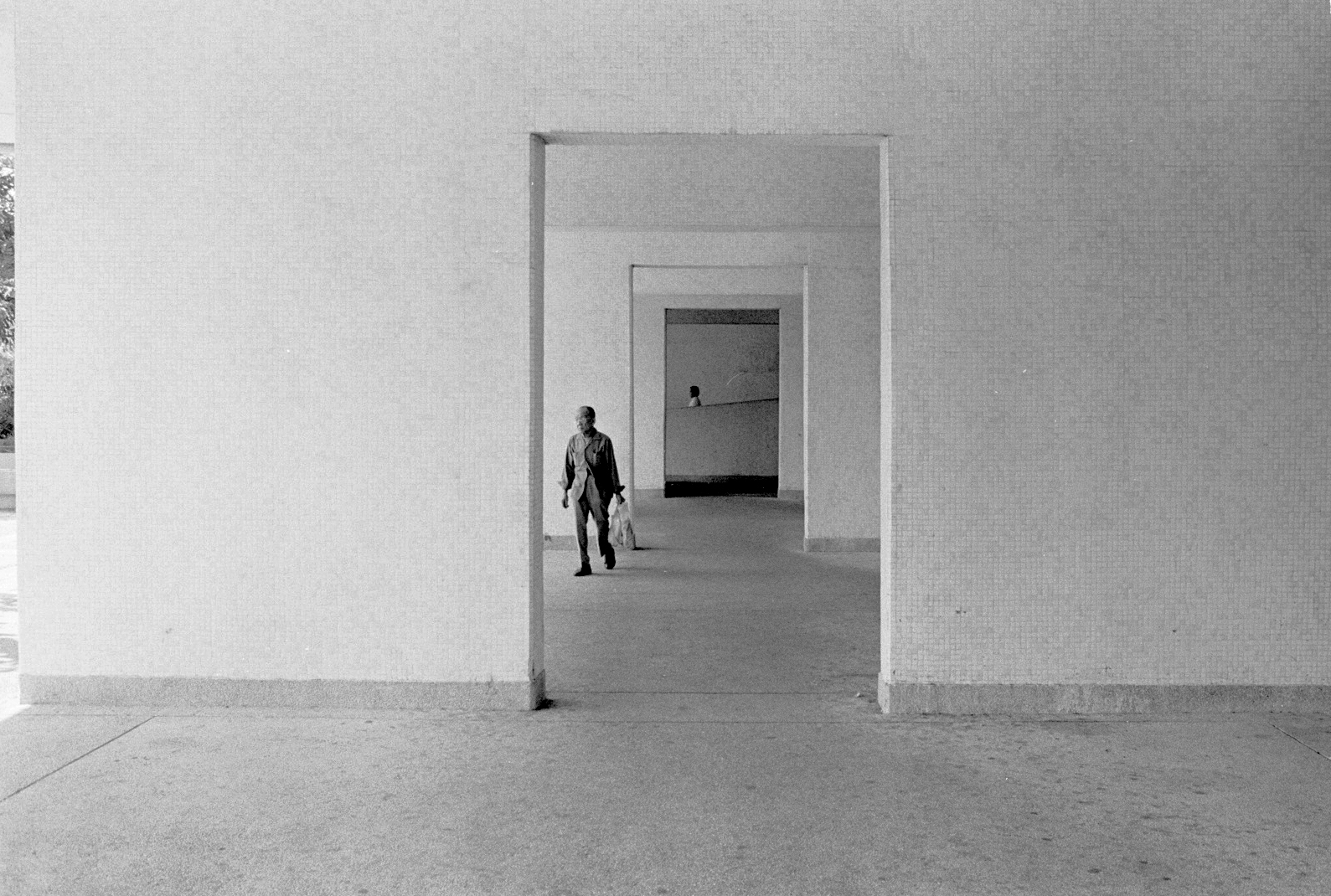
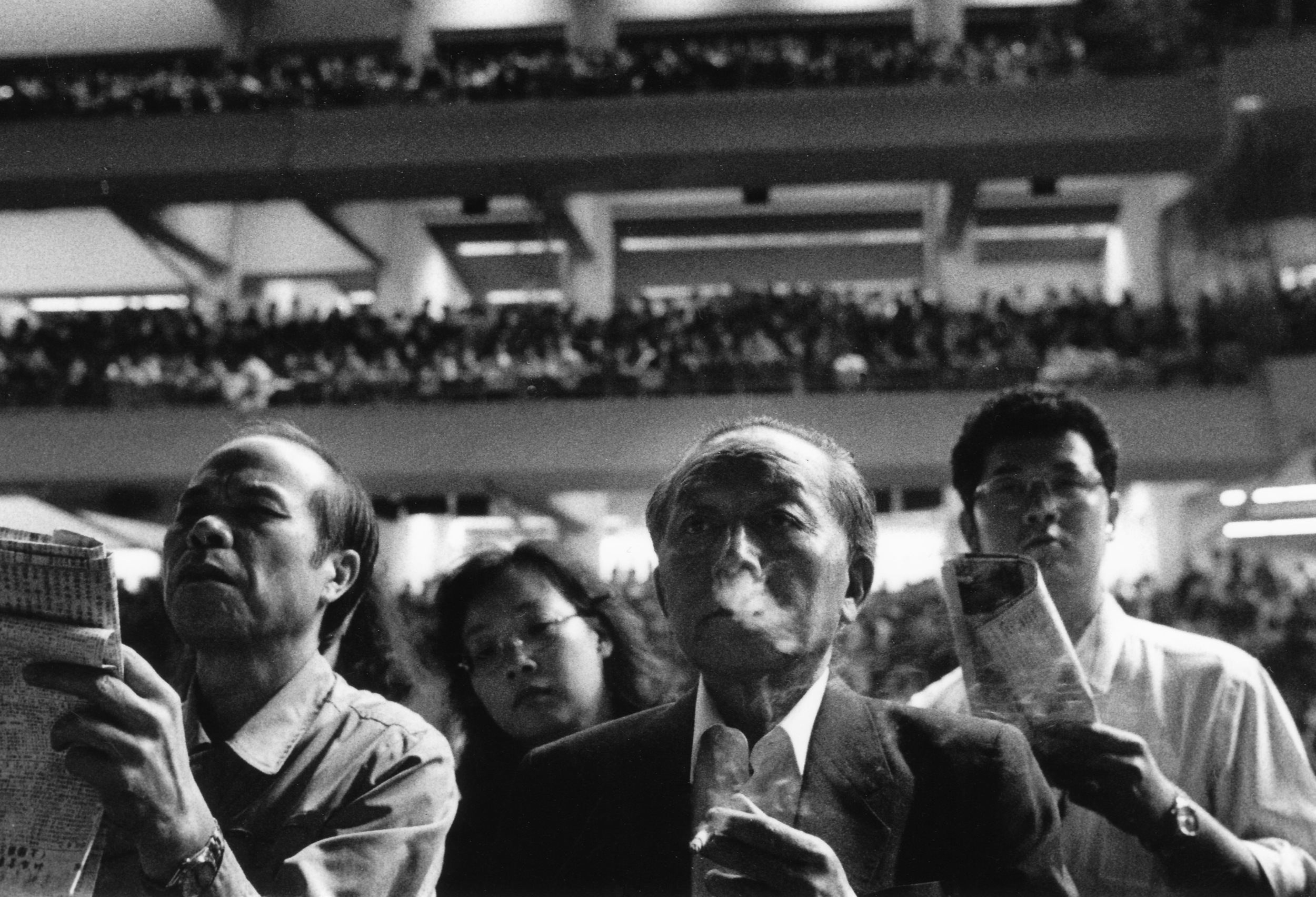
Hong Kong 1994
“With less than a thousand days remaining before Hong Kong reverts to Chinese rule, those residents with the ability have already or are in the process of creating an escape hatch for themselves, many emigrating to Canada. However, most of the six million residents of Hong Kong have no alternatives within reach, and many of them say that they would not choose to leave the place where they have always lived.
The mood of waiting is a mixture of anxiety and carefreeness that comes from the inability to affect one’s fate. Hong Kong offers a standard of living unavailable to many Chinese in other places, but the decisions governing the futures of the people of Hong Kong are made without their consultation. Residents pass their spare time going to temples to see soothsayers, playing mahjong or cards, or gambling at the races. Some will spend as much time as possible away from their homes, which are crowded (some older apartments of 150 square feet were intended for up to seven occupants), Kowloon is one of the most densely populated areas in the world. Hong Kong’s culture is fast and efficient; you could get anywhere quickly if only you had somewhere to go.
No one can say with any certainty what changes the Chinese government will bring, or what will happen to Hong Kong after 1997. Ostensibly, Hong Kong will be a “Special Administrative Region”, as Clause 5 of the 1984 agreement states that “The current social and economic systems in Hong Kong will remain unchanged, and so will the lifestyle”. How this is interpreted remains to be seen.
For a society of people who have never been the masters of their own fates, the changeover is anticipated as both a welcome reunion with what was once a "mother-culture" (although both Hong Kong and China have changed considerably since the mid-19th century) as well as a forced subscription to a notorious regime and a new master.” (1994)
To be revisited...
All images © Leo Hsu